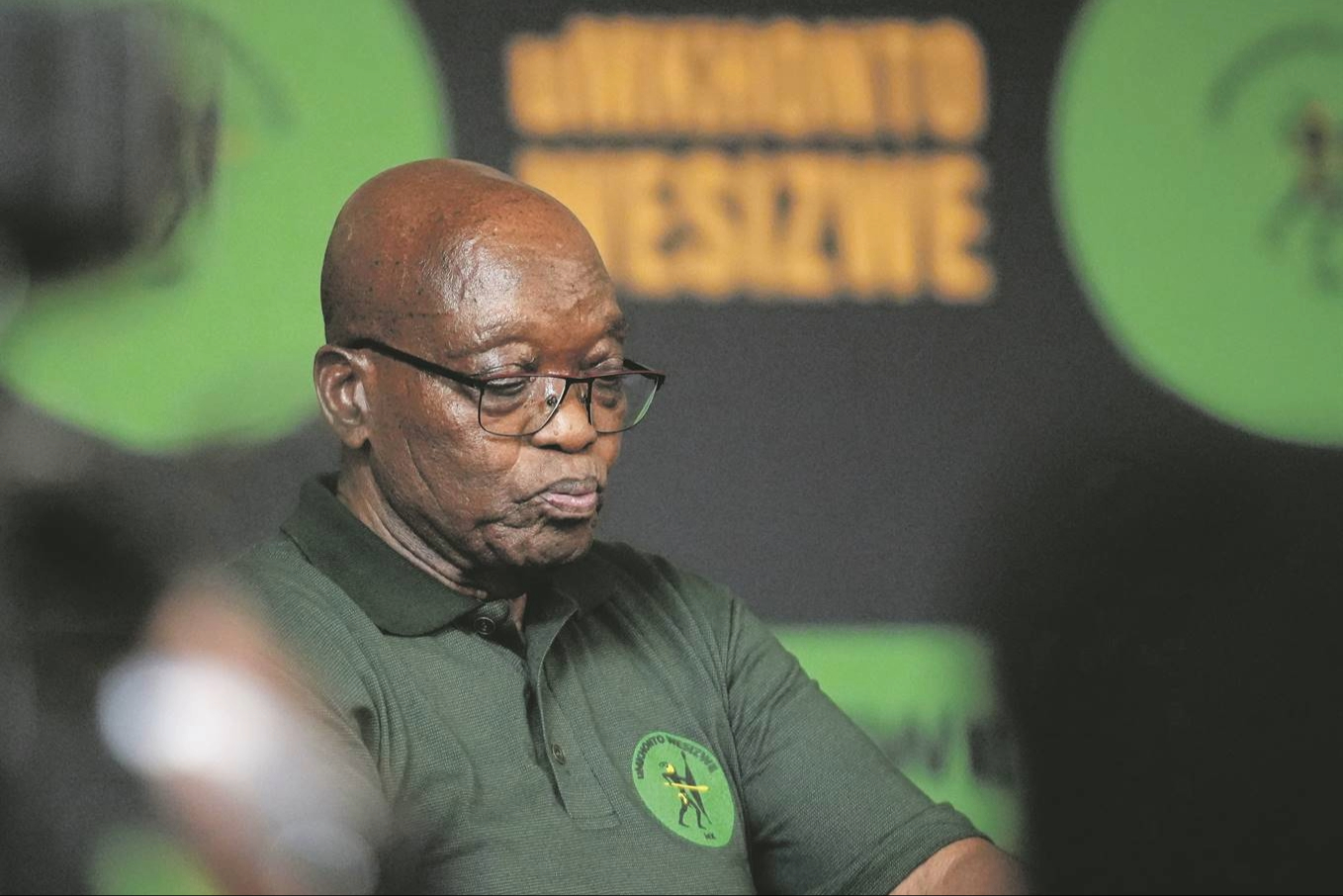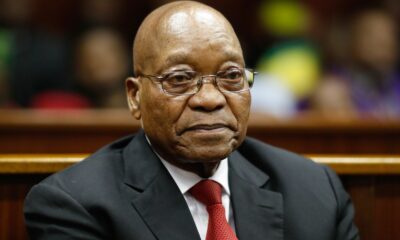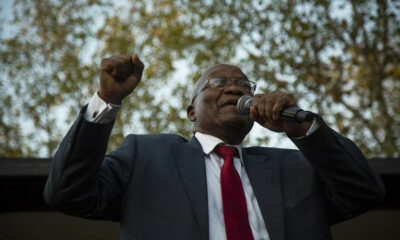News
Zuma and MK Party Lose Urgent Court Bid Against Madlanga Commission

Court strikes case from the roll
Former president Jacob Zuma and his uMkhonto weSizwe Party (MKP) have suffered a legal blow after their urgent attempt to stop the work of the new Madlanga Commission was dismissed. The Gauteng High Court in Pretoria ruled that the case lacked urgency and struck it from the roll, effectively clearing the way for the commission to continue.
Why Zuma and MKP went to court
Zuma and the MK Party argued that the commission is unconstitutional. They believe it oversteps the role of existing judicial watchdogs like the Judicial Service Commission (JSC) and the Magistrates Commission. Their central concern lies with the appointment of Constitutional Court Justice Mbuyiseli Madlanga as the head of the inquiry. According to them, allowing a senior judge to lead an investigation into the judiciary itself is a conflict of interest.
They maintain that only the JSC and Magistrates Commission have the authority to investigate judges and that creating parallel structures undermines judicial independence. The party also labelled the commission a waste of public funds, pointing to its R148 million budget for just six months.
The president’s stance
President Cyril Ramaphosa announced the commission in July after KwaZulu-Natal police commissioner Nhlanhla Mkhwanazi made startling claims of organised crime penetrating the police, intelligence agencies, and even the judiciary. Ramaphosa has defended his decision, saying the commission is not a replacement for existing oversight bodies but rather a complementary measure. He added that if wrongdoing by any judge is found, the matter will still be handed to the JSC.
The president’s decision to place Police Minister Senzo Mchunu on special leave and appoint Professor Firoz Cachalia in an acting role was also attacked by Zuma and the MKP as unconstitutional and irrational.
Public and political reaction
The case has stirred fierce debate in political and legal circles. Outside the commission this week, MK Party supporters staged protests, claiming the inquiry is politically motivated. On social media, South Africans are divided. Some see the commission as a necessary step to clean up corruption and restore public trust, while others share Zuma’s view that it is an expensive duplication of existing systems.
What happens next
The ruling means the commission will continue its work, with Justice Madlanga at the helm. For Zuma and the MK Party, the court’s dismissal marks another defeat in their ongoing battle against state institutions they believe are unfairly targeted at them.
For the country, the spotlight remains fixed on the judiciary. If the commission uncovers credible evidence of organised crime within the courts, it could shape public confidence in South Africa’s democratic institutions for years to come.
Also read: Zuma and MK Party head to court to stop Madlanga Commission
Follow Joburg ETC on Facebook, Twitter, TikT
For more News in Johannesburg, visit joburgetc.com
Source: IOL
Featured Image: Fullview


























